The science behind improving your reaction times (PT. 1)
Ever wonder how some athletes react so quickly? The play is over before you've had time to finish blinking. Maybe you chalk it up to superhuman abilities. But what if you could do this too?
Naomi takes us through the science behind reaction times and reflexes and shows us how we can improve our own reaction times by up to 35%. This video is part 1, and gives you the foundation to understand reaction times and reflexes. In part 2, we'll see how to apply this knowledge to train our own reaction times.
SOURCES:
VIDEOS:
Synaptec demo video with Jarvis Landry:
https://senaptec.com/products/senaptec-strobe
IMAGES:
Brodmann’s photo:
https://commons.wikimedia.org/wiki/File:Korbinian_Brodmann.gif
Korbinian Brodmann, Public domain, via Wikimedia Commons
Brodmann’s drawing of the brain: https://commons.wikimedia.org/wiki/File:Brodmann_Cytoarchitectonics.PNG
Korbinian Brodmann, Public domain, via Wikimedia Commons
Vision pathway to occipital lobe:
https://commons.wikimedia.org/wiki/File:Human_visual_pathway.svg
Miquel Perello Nieto, CC BY-SA 4.0 <https://creativecommons.org/licenses/by-sa/4.0>, via Wikimedia Commons
Thalamus GIF: https://commons.wikimedia.org/wiki/File:Thalamus_small.gif
Images are generated by Life Science Databases(LSDB)., CC BY-SA 2.1 JP <https://creativecommons.org/licenses/by-sa/2.1/jp/deed.en>, via Wikimedia Commons
Brain models generated in BodyParts3D/Anatomography
BodyParts3D, © The Database Center for Life Science licensed under CC Attribution-Share Alike 2.1 Japan
RESEARCH PAPERS:
Main study that I describe in part 2:
“Independence of Movement Preparation and Movement Initiation” https://www.ncbi.nlm.nih.gov/pmc/articles/PMC6601759/
Paper from same lab a year later:
“Reaction times can reflect habits rather than computations”
https://www.ncbi.nlm.nih.gov/pmc/articles/PMC5582865/
“Reaction Time Improvements by Neural Bistability”
https://www.ncbi.nlm.nih.gov/pmc/articles/PMC6466602/
“Speeding Up Reaction Time with Invisible Stimuli”
“Neural Efficiency in Athletes: A Systematic Review”
https://www.frontiersin.org/journals/behavioral-neuroscience/articles/10.3389/fnbeh.2021.698555/full
“Improved Visual Cognition through Stroboscopic Training”
https://www.ncbi.nlm.nih.gov/pmc/articles/PMC3203550/
“Prepared movements are elicited early by startle”
https://pubmed.ncbi.nlm.nih.gov/15262622/
“Patterned ballistic movements triggered by a startle in healthy humans”





